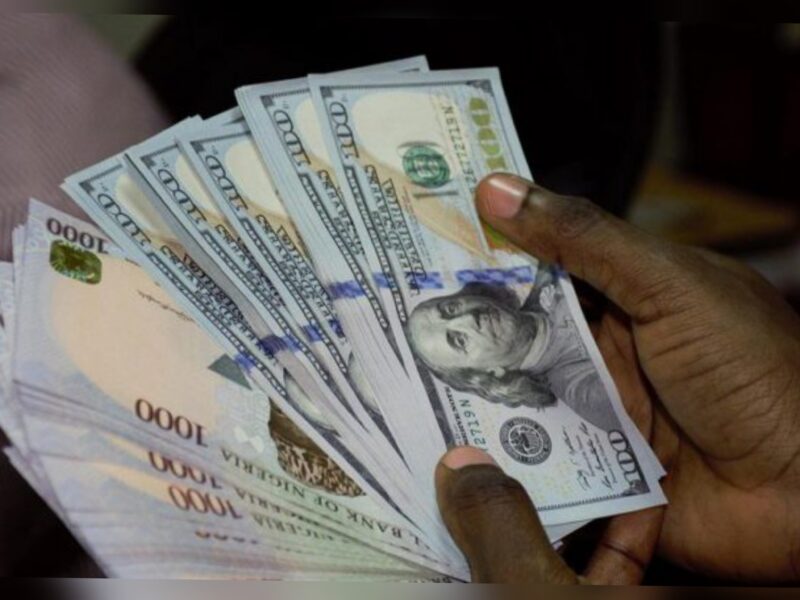Abuja, Nigeria – Nigeria’s foreign exchange reserves surged by $7.7 billion to reach $40.3 billion in the 11 months leading to November 2024, bolstered by increased foreign portfolio investments driven by elevated interest rates.
The Central Bank of Nigeria’s (CBN) hawkish monetary policy, which has seen the benchmark interest rate rise to 27.5 percent, has been a major factor attracting foreign investors. Analysts at FBNQuest Capital Research noted the reserves’ upward trend since April 2024, largely fueled by foreign portfolio inflows (FPIs).
CBN’s Interest Rate Strategy
CBN Governor Olayemi Cardoso emphasized that the interest rate hikes aim not only to control inflation and stabilize the naira but also to attract foreign investments. The bank has raised rates by a total of 875 basis points in 2024, up from 18.75 percent in 2023. Despite this, inflation remains high, and the naira has shown limited improvement.
The high-interest-rate environment has proven attractive for portfolio investors bringing in foreign currency, which has helped strengthen the country’s external reserves. Data from FMDQ shows FPIs into the economy increased by 40 percent month-on-month, totaling over $1.6 billion in November 2024.
Portfolio Inflows Dominate Capital Importation
Foreign portfolio inflows in Nigerian equities climbed to $284 million in the first nine months of 2024, marking a 19 percent increase from the $239.2 million recorded in the same period in 2023. According to the National Bureau of Statistics (NBS), this is the highest level since the first nine months of 2020.
Short-term money market instruments made up $3.43 billion of the $4.38 billion in FPIs recorded in the first nine months of 2024, indicating Nigeria’s growing reputation as a hub for “hot money.” FPIs accounted for 61 percent of Nigeria’s total capital importation during the period.
FBNQuest analysts predict continued growth in reserves as foreign investors capitalize on Nigeria’s carry trade opportunities provided by elevated interest rates.
While FPIs provide a much-needed boost to Nigeria’s FX reserves, experts remain cautious about their reliability. Samson Simon, CEO of ARKK Economics, pointed out that while FPIs help alleviate foreign exchange challenges, they are inherently volatile. Investors may exit the market abruptly if conditions become unfavorable.
Foreign interest in Nigerian equities has been bolstered by improvements in the foreign exchange system. Unlike in previous years, the current system allows investors to easily repatriate dollar returns without bureaucratic hurdles, making Nigerian stocks more attractive despite inflationary pressures.
With the Nigerian Exchange (NGX) delivering a year-to-date return of 31.34 percent, analysts believe the country’s financial markets are well-positioned to attract sustained foreign interest, even as challenges persist.










Join our Channel...